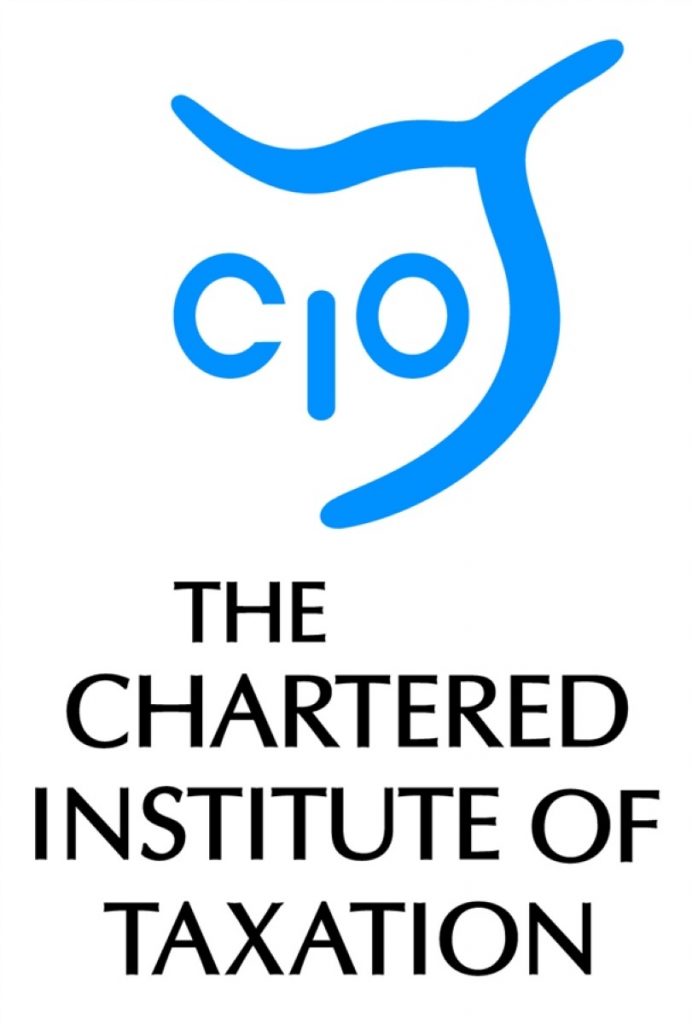Delay in progressing Statutory Residence Test is sensible, says CIOT
The Chartered Institute of Taxation (CIOT) has supported the decision by HM Treasury to take more time to finalise proposals for a UK statutory residence test (SRT). The CIOT believes that the SRT is too important a measure to rush: it needs to be ‘right first time’.
This follows today’s announcement by HM Treasury (HMT) and HM Revenue and Customs (HMRC) that the previous target of legislation in Finance Bill 2012 will be delayed, with a new target of Finance Bill 2013.
John Whiting, Tax Policy Director at the CIOT said:
“We are very committed to the principle of a statutory residence test for the UK: we have long argued that one is needed to help modernise our tax system and have put in a great deal of work on the concept over the last few years.
“However, the work has shown how difficult a measure this is and it is surely right to take the necessary time to work out proper answers to all the issues raised in the consultation. This is something that has to be ‘right first time’: we cannot have something rushed into legislation with loose ends and unclear issues.
“After all, we have been waiting for at least 136 years for a statutory test to resolve practical problems and to give taxpayers much-needed certainty. Another year is a modest extra commitment to get a practical, workable set of rules in place.”
With the postponement of the SRT’s introduction, the CIOT thinks there is merit in considering an ‘opt in’ to the new rules from the previously anticipated start date of April 2012.
John Whiting continued:
“The commitment to the SRT’s introduction is vital and we will continue to engage with HMT & HMRC in its design. The delay does raise one further issue: as the legislation is likely to be effectively finalised in late 2012, should taxpayers be able to opt for the new rules to apply from April 2012? We can see merit in the idea.”
Notes to Editors
1) The CIOT’s response to the consultation on Statutory Residence can be read in full at: http://www.tax.org.uk/tax-policy/public-submissions/2011/SRT-CIOT.htm?WBCMODE=PresentationPublished.rss
2) One of the first cases on tax residence, IRC v Rogers in 1875, concerned a Scottish sea captain who was away from the UK for the whole of a tax year on various voyages. He was nonetheless held to be tax resident and the case is still cited today.
3) The Chartered Institute of Taxation (CIOT) is a charity and the leading professional body in the United Kingdom concerned solely with taxation. The CIOT’s primary purpose is to promote education and study of the administration and practice of taxation. One of the key aims is to achieve a better, more efficient, tax system for all affected by it – taxpayers, advisers and the authorities.
The CIOT’s comments and recommendations on tax issues are made solely in order to achieve its primary purpose: it is politically neutral in its work. The CIOT will seek to draw on its members’ experience in private practice, government, commerce and industry and academia to argue and explain how public policy objectives (to the extent that these are clearly stated or can be discerned) can most effectively be achieved.
The CIOT’s 15,600 members have the practising title of ‘Chartered Tax Adviser’ and the designatory letters ‘CTA’.
George Crozier
External Relations Manager
D: +44 (0)20 7340 0569
M: +44 (0)7740 477374
The Chartered Institute of Taxation
Registered charity number 1037771
www.tax.org.uk
The Association of Taxation Technicians
Registered charity number 803480
Registered company number 2418331
VAT Registration Number 497 5390 90
www.att.org.uk
Low Incomes Tax Reform Group – an initiative of the Chartered Institute of Taxation
www.litrg.org.uk
1st Floor, Artillery House, 11-19 Artillery Row, London SW1P 1RT





-01.png)